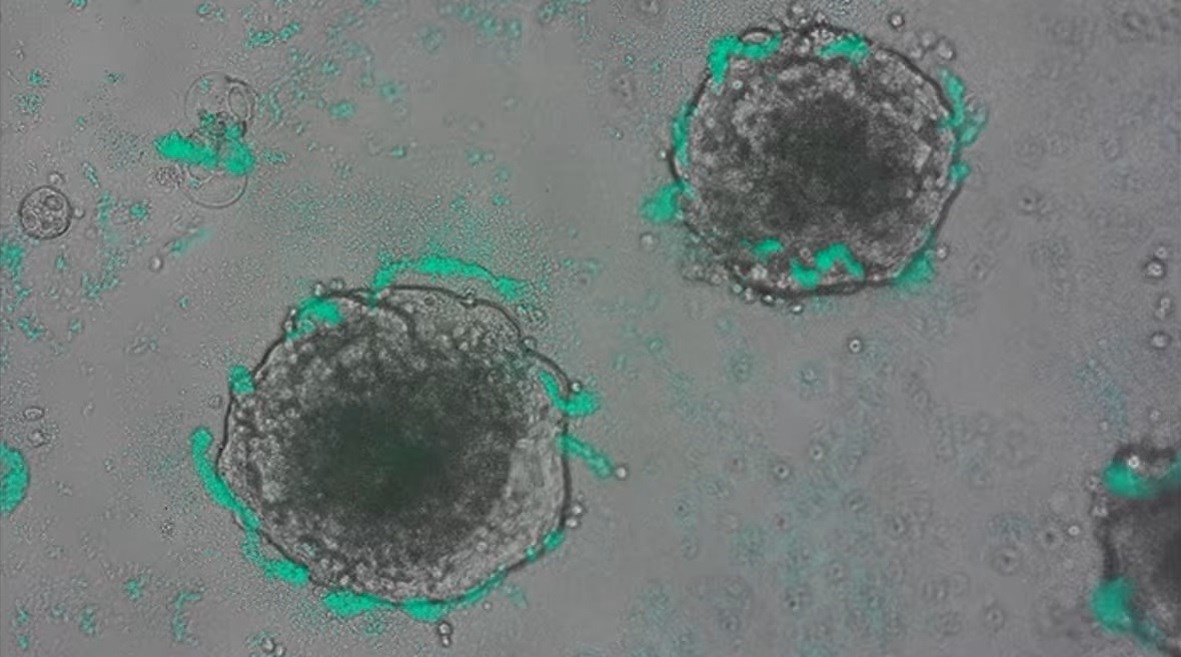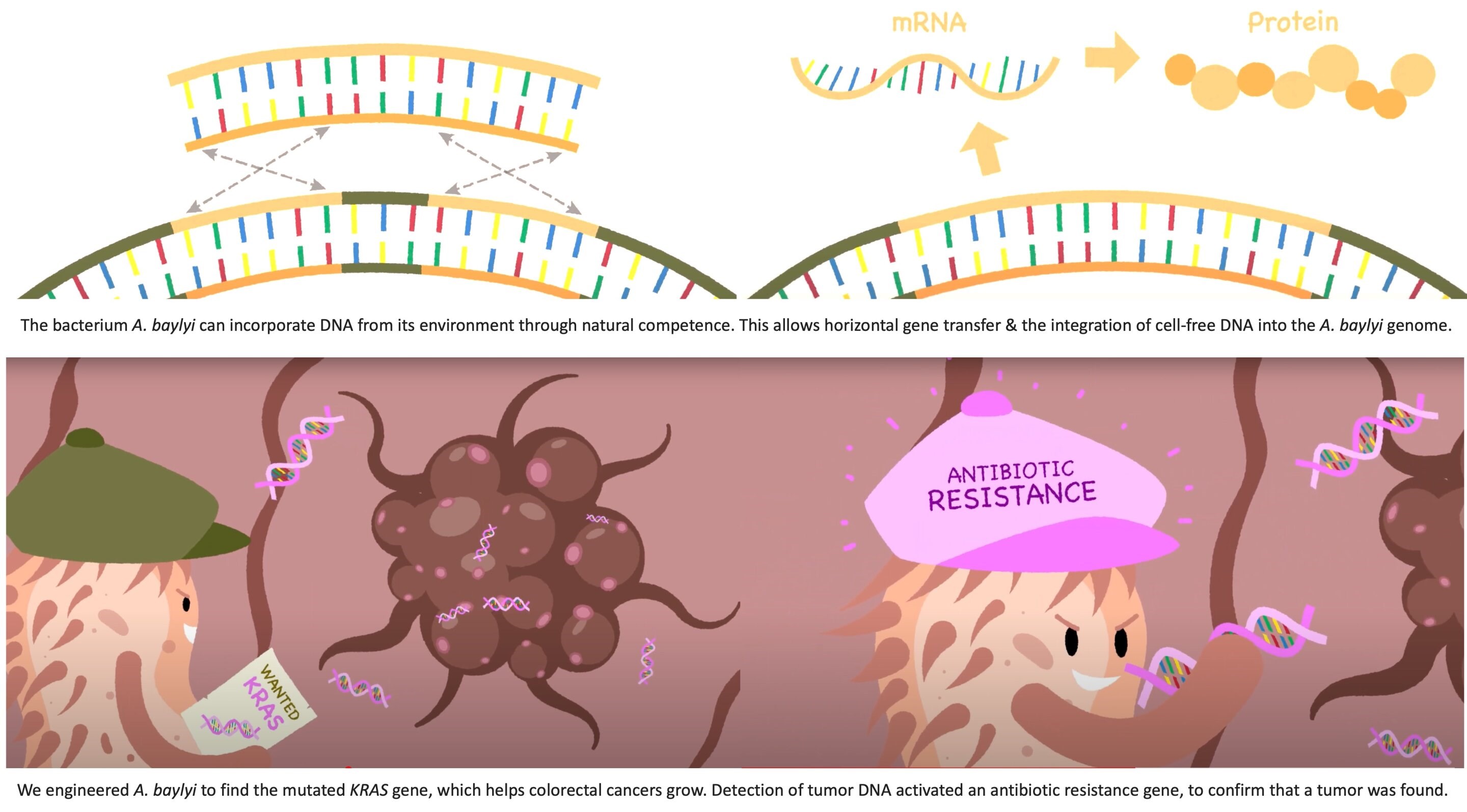 An international team of scientists has developed a new technology that could help detect (or even treat) cancer cells in hard-to-reach places like colon cancer. It was stated that the bacterium developed with genetic engineering was successful in laboratory experiments, but the technology was not ready for use on humans.
An international team of scientists has developed a new technology that could help detect (or even treat) cancer cells in hard-to-reach places like colon cancer. It was stated that the bacterium developed with genetic engineering was successful in laboratory experiments, but the technology was not ready for use on humans.Great progress can be made in early detection
South Australian researchers have designed bacteria that can be used to detect bowel cancer more quickly and replace existing home stool tests. According to the first study published in the journal Science, the engineered bacterium called Acinetobacter baylyi has the ability to search in an area such as the gut and detect cancer DNA.
University of Adelaide Associate Professor Susan Woods, who led the research at the South Australian Health and Medical Research Institute (SAHMRI), notes that the bacterium could be used to develop a blood test to screen for bowel cancer.
Dr. Woods said he hopes the bacteria could also be used to diagnose other cancers, such as pancreatic cancer that are often detected late and are more difficult to detect. If we can detect it early, it can change the rules of the game.”
Details of the research
 Using a technique called CATCH, or cellular assay for targeted, CRISPR-differentiated horizontal gene transfer, scientists used a bacterial strain called Acinetobacter baylyi for laboratory experiments. This bacterium naturally has the ability to take the free-floating DNA around it and integrate it into its own genome, thereby producing new proteins to grow.
Using a technique called CATCH, or cellular assay for targeted, CRISPR-differentiated horizontal gene transfer, scientists used a bacterial strain called Acinetobacter baylyi for laboratory experiments. This bacterium naturally has the ability to take the free-floating DNA around it and integrate it into its own genome, thereby producing new proteins to grow.What the scientists did was design the A. baylyi bacterium to contain long DNA sequences that mimic the DNA found in human cancer cells. These sequences act like the other half of a zipper that locks onto captured cancer DNA. For their test, the scientists focused on the mutated KRAS gene, which is commonly found in colorectal tumors. If the A. baylyi bacterium that finds the mutated DNA integrates it into its genome, an associated antibiotic resistance gene is also activated. In this way, cancer cells are detected.
Although scientists have succeeded in detecting tumor DNA in mice injected with colorectal cancer cells in the laboratory, this technology is not yet ready to be used for real diagnosis. The team says they continue to work on next steps, including improving the efficiency of the technique and evaluating how it performs compared to other diagnostic tests. In the future, this technology could also be used for targeted biological therapy, which can treat specific areas of the body depending on the presence of certain DNA sequences.